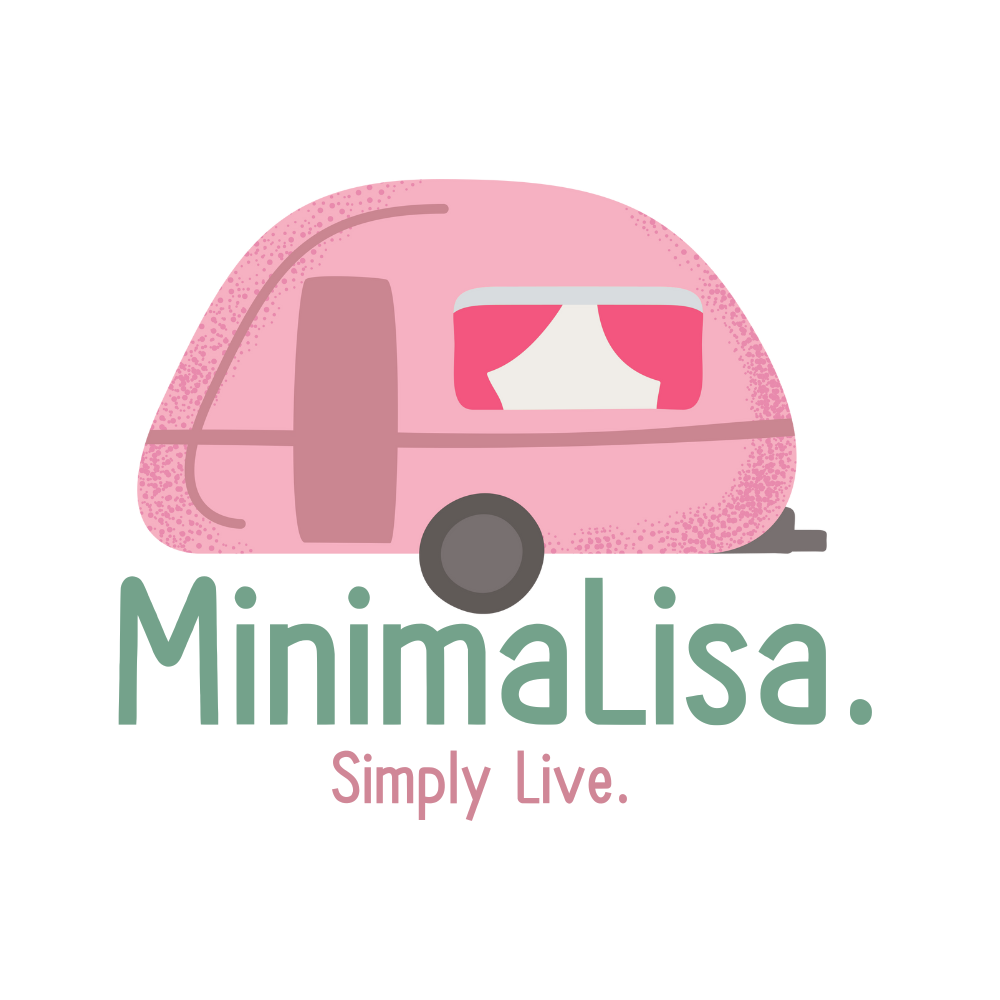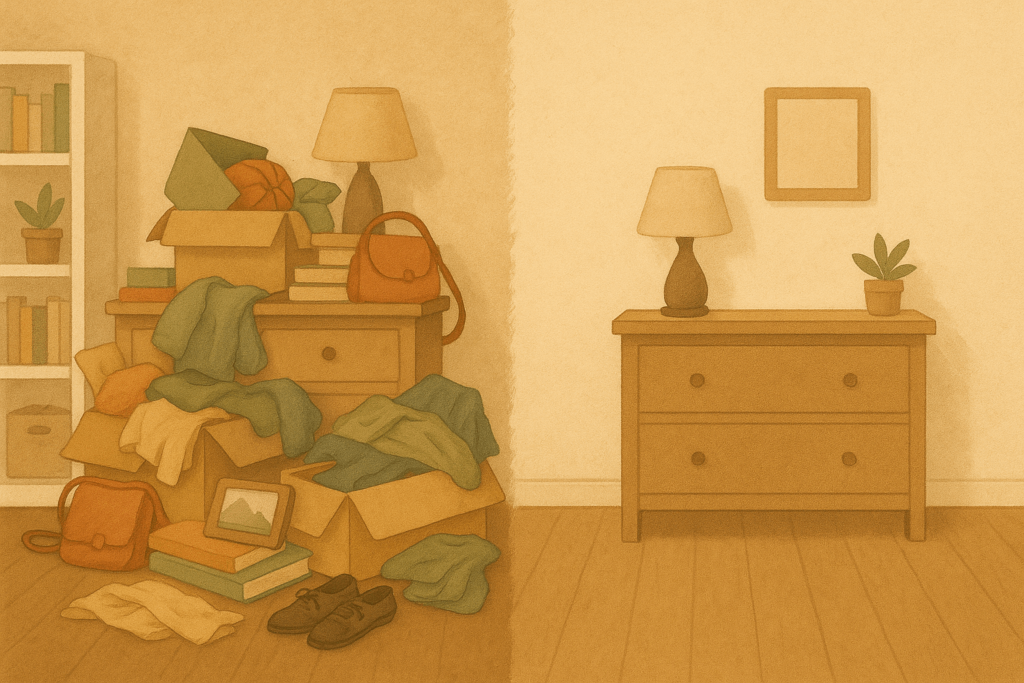Close your eyes for a moment. Imagine waking up to a morning without stress. No rush to jump out of bed, no relentless notifications, no red numbers from the bank or payment reminders flashing in your mind. You lie there for a few extra seconds, not because you’re tired – but because you’re in no hurry. You get up, make yourself coffee slowly, sit by an open window. It’s quiet. The pace is different. You’re breathing – not just air, but a simple sense of being. No race, no achievement, no drama. Just you, now, in a deep and present breath.
For most of us, reality looks entirely different. We wake up running – checking our phones, emails, and reminders. We rush through our routines and head out while solving problems, juggling questions, suppressing overwhelm. And often, without realizing it, another morning has drained us just a little more. But where does all this come from? And why is it such a common feeling?
The middle class is quietly burning out
Many of us don’t fall into the category of “poor”, but we still don’t feel financially secure. We work, we study, we pay taxes, we raise children – and yet, a thick cloud of pressure hangs over everything. Salaries are “okay”, maybe even decent – but each month begins and ends in survival mode. The rising cost of living is not just a cliché: food prices, fuel, rent, and education climb steadily, while we’re expected to maintain emotional stability, functioning relationships, and a sense of future.
And it doesn’t stop with money. Financial stress seeps into the body, into our relationships, into our moods. Sleep is restless. There’s constant tension. A quiet frustration that we’re working but not really “getting anywhere.” The desire to live a calm life becomes a burden in itself – because it demands money we don’t have, time that doesn’t exist, and inner space that is already overcrowded with worry.
Beyond all that, there’s the quiet shame. The sense that no matter how hard we try – something is always missing. Money. Peace. Time. This sense of lack starts to take root. It breeds helplessness, self-doubt, and sometimes even shame – because everyone else seems to be managing. But the truth is: they feel the same way. It’s just a kind of shame nobody talks about.
Financial pressure is not just about numbers – it’s an entire way of life
One of the biggest traps in our culture is the idea that if we just earned more – everything would fall into place. But in reality, even when we get a raise or extra income, the feeling doesn’t go away. Why? Because expenses rise with it. Because we’re conditioned to believe the solution is always more – more money, more effort, more achievement. But maybe, instead of asking how to earn more – it’s time to ask how we can want less. Not from a place of sacrifice, but from a place of freedom.
What if the pressure we feel doesn’t stem from low income – but from a lifestyle that generates expenses misaligned with our values? What if most of what we “need” is simply what someone else told us is important – but it never really fit us?
This is a revolutionary question, because it doesn’t just touch our budget – it touches our identity. Who are we without all that we consume? Will we still be worthy if we don’t live in a large home, if we wear simple clothes, if we don’t go to the same trendy places? The answer, to our relief, is yes. And maybe more than that – maybe only then we’ll start to feel a kind of ease we’ve never known.
Minimalism is not a trend – it’s a turning point
For many, the word “minimalism” evokes sterile white design or ascetic living. But in practice, it’s an existential approach that invites us to ask what truly matters. Not just what we lack – but what we have too much of. Too many objects, obligations, screens, impulses, information. Minimalism isn’t about deprivation – it’s about choosing. Choosing fewer things – but more meaning.
We’re conditioned to think that a simple life means a lesser life. But when we begin to simplify – something remarkable happens: suddenly there’s more space to breathe. More calm. More clarity. More control. Sometimes, precisely by reducing – our quality of life improves. Not because we have more, but because we carry less.
And it goes far beyond money. Minimalism can enter our schedules, our relationships, our daily rhythms. It offers a way to return to the basics – to what we actually need to feel well. It teaches us to stop fleeing our feelings through shopping, scrolling, overplanning and multitasking. It calls us inward, gently.
So where do we begin?
Minimalism doesn’t happen overnight. It’s not a radical reform but a gentle, personal, gradual shift. Here are a few small steps that can open the door:
- Look honestly at your spending. Not to feel guilty, not to judge – but just to understand. Ask: where is the money going? Which purchases were genuine needs, and which came from impulse, boredom, or emotional comfort?
- Identify your emotional spending triggers. Many of us buy things to ease anxiety, to mask emptiness, or to escape feelings of inadequacy. Recognizing this can be liberating. Sometimes, what we really need is a hug – not a shirt.
- Clear a little space – physically. You don’t need to start with a full house detox. Start with one drawer. One bag. One table. Letting go of things you no longer use creates room not only in your home – but in your mind and body too.
- Reorder your priorities. Sit alone or with a partner and ask: what truly matters to us? Does our monthly budget reflect that? If family time is important – are we making space for it? If health is a value – are we giving it a place?
- Slow down. Slow your shopping. Slow your reactions. Slow the pace of your days. Before you buy – pause. Before you seek distraction – ask what’s really missing.
- Practice gratitude. Each evening, notice what’s already here. Remember: well-being doesn’t always depend on how much we have – but on how we meet what we already have.
To live simply – not less, but more precisely
Minimalism is not about “fitting into a box”. It’s about dismantling the box – and building one that fits us. It doesn’t pretend financial hardship doesn’t exist – but it does offer another way through it. A life with less clutter, fewer unnecessary purchases, and less chasing after outer standards. A life where there is space – for rest, for reflection, for choice.
Instead of feeling like life demands more and more – we begin to feel that maybe we can ask life for less, and in doing so, receive more. More freedom. More peace. More authenticity. We don’t need to move to the forest. We don’t need to throw away half the house. We just need to be willing to pause, and ask: what do I truly need – and what can I let go of?
And sometimes, the very question – is already the beginning of change.


